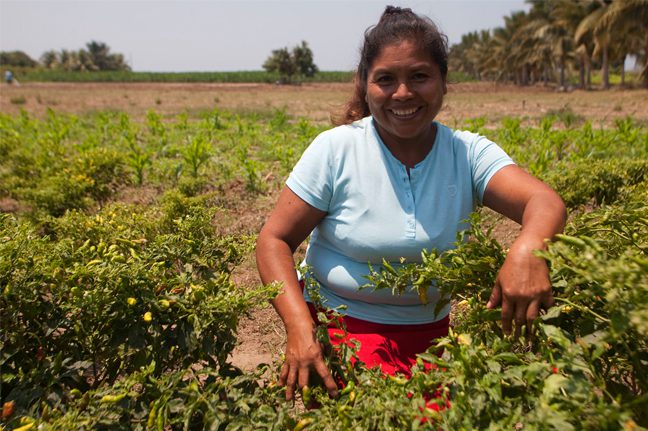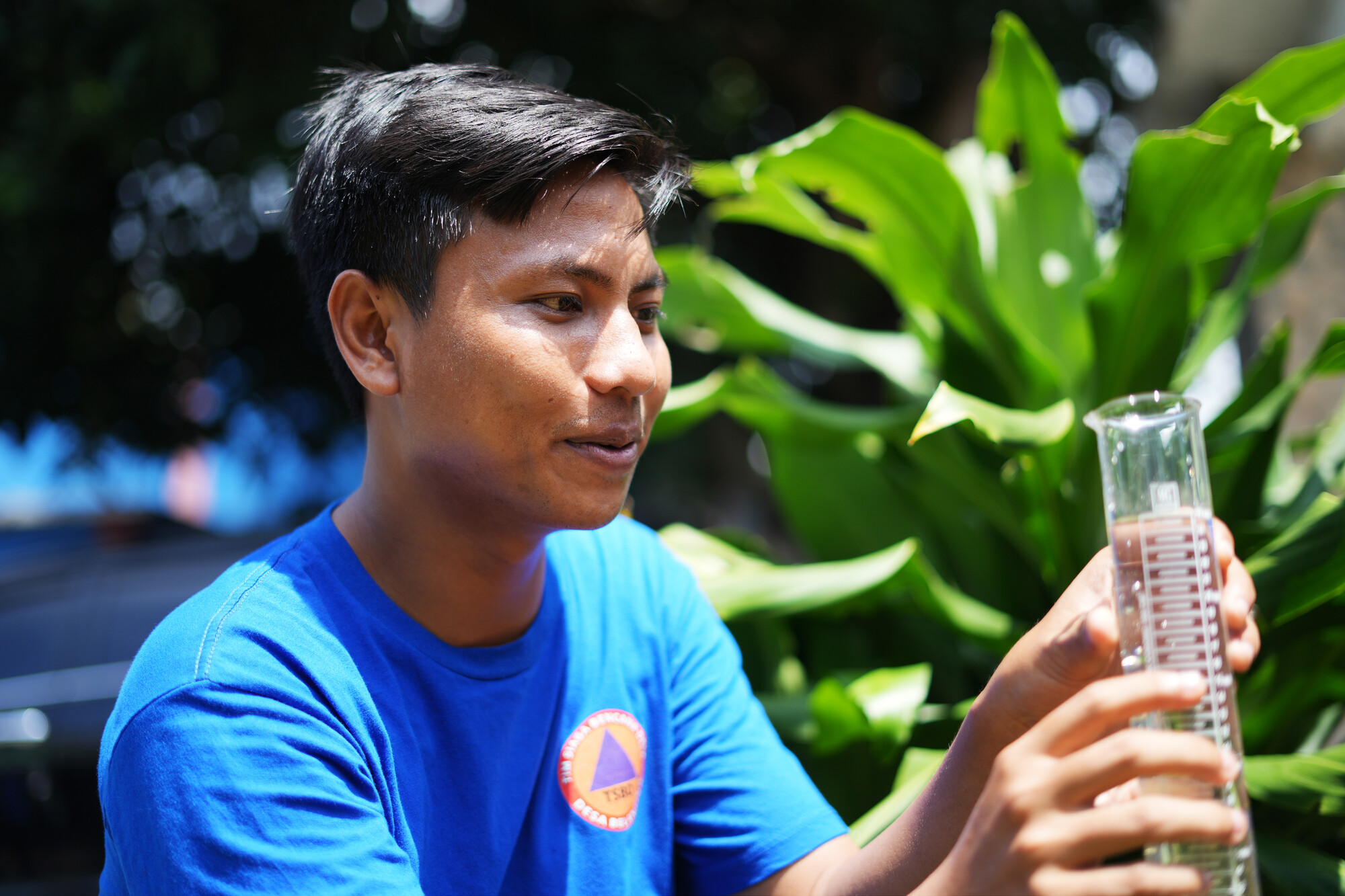By Oxfam GROW in El Salvador
Food. It’s one of life’s great pleasures. We think about it all the time. Most of us eat food at least three times a day. Some of us take photos of food and upload them to social media. But in El Salvador those who grow over 80% of the food consumed in the country are those most likely to suffer from hunger. What’s more, the rates of undernourishment and malnutrition are alarming.
How can a nation not worry about its citizens’ Right to Food? That’s the question those of us who dream of a future where all people can cultivate food, and enjoy it, are asking.
According to official figures, chronic malnutrition affects 1 in 5 children under five-years-old in El Salvador. The scenario is worse in the provinces of Morazán, Ahuachapán and Sonsonate where two in five children go to bed malnourished.
Paradoxically, in recent years the numbers of overweight and obese children have quadrupled. Both problems have the same root: farming families in the countryside do not have the necessary resources to produce enough good food. Food is getting more expensive. El Salvador is prone to flooding which has got worse due to climate change. Families in rural and urban areas are more impoverished. And our traditional diet has changed.
So we need Salvadoran authorities to protect, promote and guarantee the people’s right to have enough, quality food at all times. And the legislators can make that happen. The Legislative Assembly can change the history of El Salvador with a simple but powerful action: Approve the law for Food Sovereignty, Security and Nutrition in El Salvador.
We’re aiming to collect 50,000 signatures in support of the law from people just like you. These signatures will then be presented to the legislators on World Food Day, October 16.
It’s simple: Without good nutrition, human development is not possible. Without this law, there will be nothing to guarantee the demand for good food and nutrition. Without your support, there will be no law. The legislators do not want to act, and we need your pressure.
2014 is the UN International Year of Family Farming Internationally and the UN climate talks will also be held in our region, in Peru.
So now, is a crucial time to highlight the threat of climate change and to ensure the right to appropriate food for all people, especially the most vulnerable.
You can also sign up for Oxfam’s Eat Local Feed Global by registering to share a lunch or dinner with friends in October. You’ll be raising money for our life changing work and taking action so that the Australian Government does more to stop climate change and reduce hunger.



